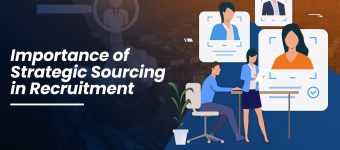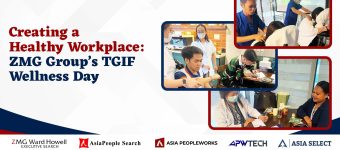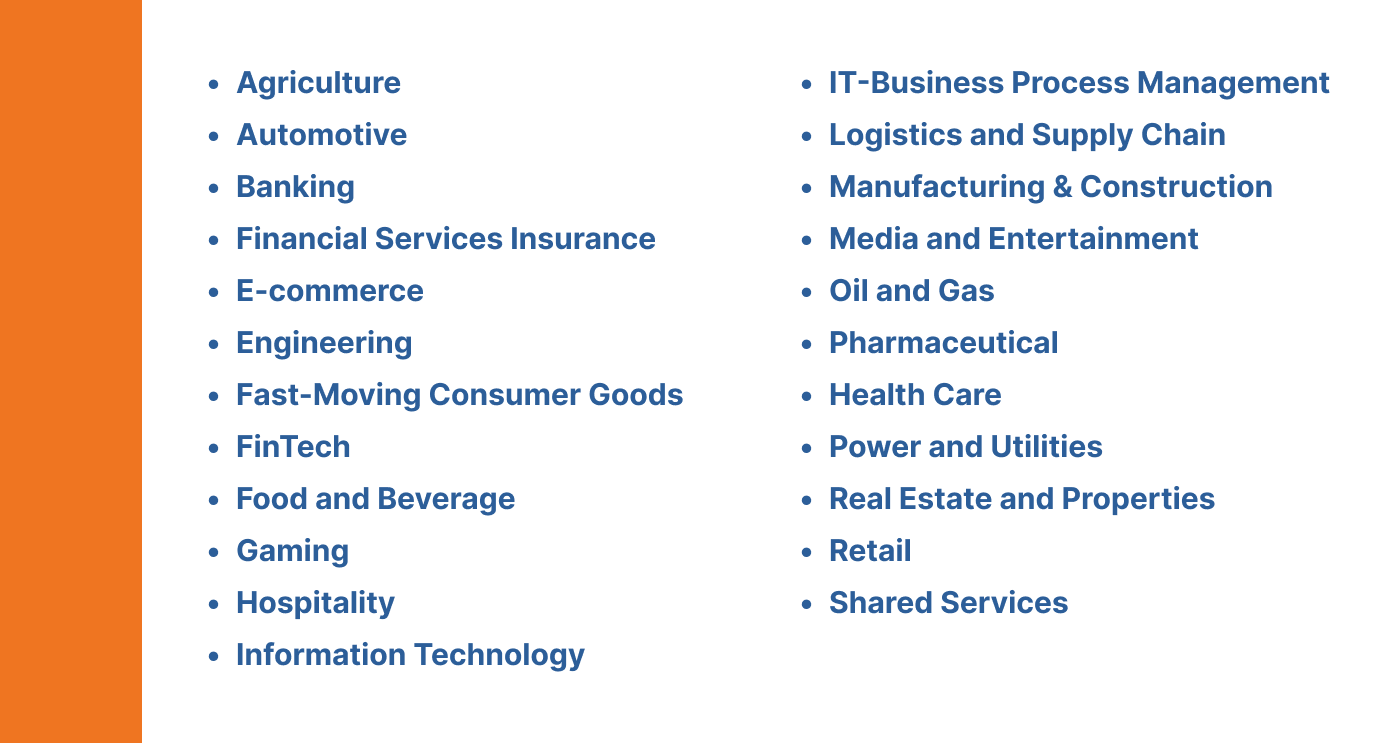By: Allanah Paragas
2020 has been extraordinarily challenging for most companies and professionals. Industries experienced a disruption like no other; while professionals exerted extra effort either balancing work and life at home or landing on a new job. The past year definitely put a mark on almost everyone’s career journey.
With the events that have happened, welcoming the year 2021 can be both puzzling and stimulating at the same time. Some are anxious about what lies ahead, and some are looking forward to a better year. Despite the uncertainties that await, experts and even leaders agreed on the importance of reflecting on the past and preparing for the new year. In fact, Alexander Genil, President and CEO of ZMG Ward Howell, Asia PeopleWorks and AsiaPeople Search, and Vice Chairman of Asia Select said, “It is important to constantly reflect on one’s reality in relation to one’s personal goals. There are those who are favored by circumstances or the so-called “breaks” in life; but the truly successful people are those who have a well-defined plan, the discipline to pursue and or reassess said plans and, more importantly, those who have the grit and focus to carry on in front of obstacles.”
In order to be prepared, professionals should be aware and base their strategies on valuable insights. Studies on the recruitment and the job market can help you as a professional to plot better strategies on how you can navigate your career. According to a LinkedIn report titled, The Future of Recruiting: How COVID-19 is transforming recruiting, there are trends they foresee to happen or continue this year. The following are some of their insights:
The future of talent acquisition lies in reskilling. Virtual recruiting is here to stay. Recruiters will prioritize those with potential and transferable skills—or known as soft skills—such as adaptability and problem-solving.
Reflecting on what happened in 2020 and aligning them with the insights given can give an idea on how you can get closer to achieving your #CareerGoals. Starting strong is an indication of your determination towards career progression. Here are four effective ways on how to start strong:

Have a checklist of 12 SMART things to do
It is almost the same as making a New Year’s resolution, but the difference is the items listed are your concrete SMART career-related goals (i.e. Finish 5 online courses on Coursera or on LinkedIn Learning, learn a new language, etc.). As noted in the book “The 100 Simple Secrets of Successful People,” people who construct specific goals are “50 percent more likely to feel confident they will attain their goals and 32 percent more likely to feel in control of their lives.” Accomplishing each of your 12 goals will not only help you develop your career but can also improve your self-confidence.

Spruce up your resume and job profile
Recruiters are always on the lookout for right-fit candidates. Whether you are a passive candidate or an active jobseeker, it is best to update your resume and job profile (on LinkedIn, JobStreet, etc.) from time to time so that you are prepared when an opportunity arises. When updating your resume and profile, make sure to add the new skills you acquired and use your industry’s keywords that will help recruiters find you.

Map out your skills and connect with professionals
Career development starts with being mindful of your strengths and your skills. Reflecting and being able to know more about yourself will enable you to maximize your capabilities and later on extensively contribute to the organization. Another purpose of self-reflection is to find other professionals you can connect with. Connecting and building relationships with other professionals will not only stimulate your personal and professional growth but can also forge business partnerships in the future.

Be on the lookout for new learning opportunities
Career progression requires you to reskill and upskill through conventional and unconventional ways. To climb up the career ladder, it is essential for you to learn new strategies, insights, and even experiences to manage new challenges ahead. Skill discovery and development also result from these learning opportunities. Not only these new skills will support your career progression, but also exercise your brain—like a muscle, it becomes stronger when you use it.
Starting your year strong is a first step towards attaining your professional goals; while deciding on what goals you need to pursue is the first step towards building your career. As you continuously build and progress on your career, you will encounter setbacks along the way. When challenged, Asia Select President and CEO Hans Bayaborda advised, “When you face difficulty and defeat comes, don’t be discouraged. Accept things and have a new perspective. Better things come to those who are patient and the best things come to those who don’t give up.” Remember that learning from each setback is a step closer to achieving your #CareerGoals.







